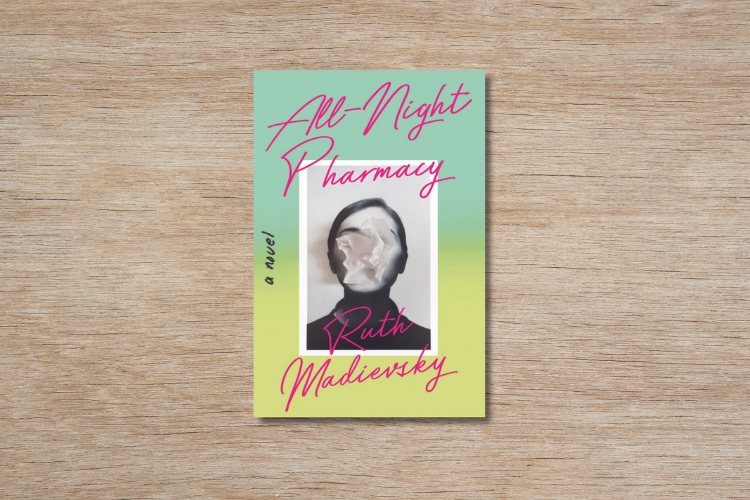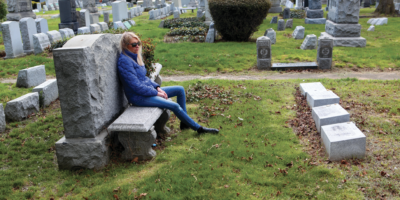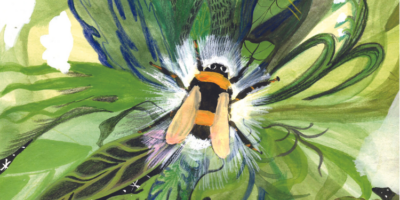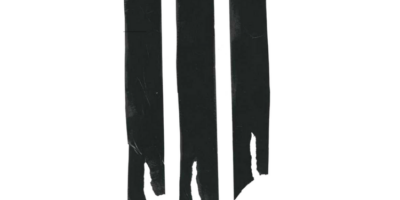
Sisterhood, Pills and Trauma
Ruth Madievsky’s debut novel, All-Night Pharmacy (Catapult, $27.00), is primarily a story of two sisters: our narrator and her older sister Debbie, who “was so alive it was scary.” We meet the two of them in Los Angeles shortly after the narrator’s graduation from high school; as a graduation present, Debbie takes her sister out to a bar called Salvation, where she bullies her into taking a mysterious pill by calling her a narc.
Within only a few pages, Madievsky has fleshed out Debbie’s character and the nature of the sisters’ relationship. “She didn’t want me to learn how to do my own makeup,” the narrator says of Debbie. “It would upset our dynamic of her as artist and me as canvas.” We learn Debbie’s name in the novel’s first sentence, but never learn the narrator’s—appropriate, given how amorphous the narrator’s selfhood, how contingent on her sister’s: “Being Debbie’s sister was obliterating. It was also the closest thing to knowing who I was.”
But the narrator is growing weary of this dynamic. “I was tired of being a knife block,” she says early on. “I wanted to be a knife.” Sure enough, by the end of the first of the novel’s four parts, the narrator demonstrates knife-esque agency for one moment against her sister, and Debbie disappears. In Debbie’s absence, the narrator falls even more into her sister’s wake, becoming increasingly addicted to pills Debbie has left behind.
Burbling underneath and animating All-Night Pharmacy’s disaster-women narrative is trauma, both lived and inherited. Madievsky is astute on the ways in which personal and familial history can result in—and reappear, in refracted form, through present behavior. Both the narrator and Debbie were sexually assaulted in their youth, and grew up with a mentally ill mother and an absent father. (Of living in that household, the narrator says, “Reading the room was a survival skill.”) They’ve also inherited the suffering of their Jewish ancestors: their grandmother, whose extended family had been killed in Nazi camps, immigrated to the US from Russia in her twenties with her mother after her father was, they believed, murdered by the KGB for teaching Torah in their basement.
She falls even more into her sister’s wake, becoming increasingly addicted to pills Debbie has left behind.
The narrator lives in the shadow of this history. “My grandmother retold these stories obsessively,” she says. “And my mother, who was alive for none of this, trotted them out like prophecies to anyone who’d listen.” She sees Debbie’s masochistic behavior and her own as inextricable from this inheritance.
As she thinks through one cycle of reenactment, she creates for herself another. In Debbie’s absence, she becomes close with a woman named Sasha, a Jewish refugee from Moldova who claims to be psychic. On one level, Sasha is a major improvement over Debbie: “She had all of Debbie’s larger-than-life-ness, but without the dangerous edge or the bitter comedown.” With the aid of a therapist and an addiction specialist, she helps the narrator stop using. (Madievsky is a pharmacist, and her knowledge shows.) But the narrator’s relationship with Sasha is also a refraction, or neurotic repetition. As with Debbie, there is something in Sasha the narrator is always seeking; put another way, in Debbie’s absence, she’s sought out someone with absence at her core. “It was excessive, embarrassing, how ravenous I was for her,” the narrator says of Sasha. “I couldn’t tell if it came from a place of deprivation in me, or something withholding I sensed in Sasha. My body responded to her touch like it was something to stockpile.” She finds herself as much under Sasha’s control as she was under Debbie’s: “How quickly I’d reverted to being a knife block.”
Beyond the satisfaction of its psychological acuity, All-Night Pharmacy is, on the sentence level, a pleasure to read. Madievsky’s first book, Emergency Brake (Tavern, $17.00), is a poetry collection, and her prose features something of the poet’s linguistic originality and surprising juxtapositions—the building blocks of what the poet Matthew Zapruder calls “the reanimation and reactivation of the language that we recognize and know.” In All-Night Pharmacy, “A floor fan rotated its head like an owl”; “the city splayed open like a surgical patient”; the rain leaves behind “a glossy black road that unspoiled before us like the tongue of some beast.”
Describing one of Sasha’s paintings, the narrator says, “It was like looking up the lyrics to a pop song and realizing it was about watching your parents murder each other.” Madievsky is a very funny writer; at times, I found myself laughing aloud, such as at this description of Sasha’s pet iguana: “Apples suffered from some kind of iguana anxiety disorder. He often looked like he wanted to fuck something and then to destroy it and be left alone forever.”
At the beginning of the novel, Debbie and the narrator are not so different from Apples: confused about their desires, out of control of their destructive impulses, flailing in the aftermath of their histories. But as the book progresses, the narrator increasingly resents and resists the sense of moral duty to repay her ancestors for their sacrifices by living in response to them, or living a life they’d have chosen for her: “I wanted to believe I could honor them by living the life I chose for myself, by making choices that, for them, were never even on the table.” In other words, she begins to develop a self.






